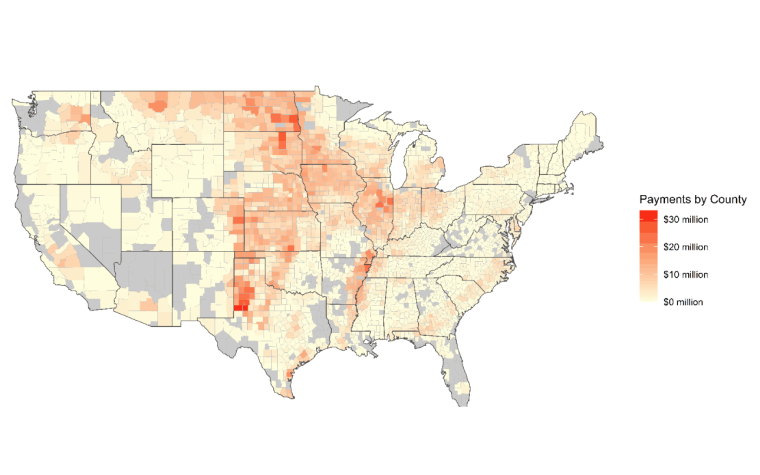
Tools help farmers estimate American Relief Plan assistance
Online tools help farmers estimate potential payments from the 2025 American Relief Act for major crops and plan cash flow.
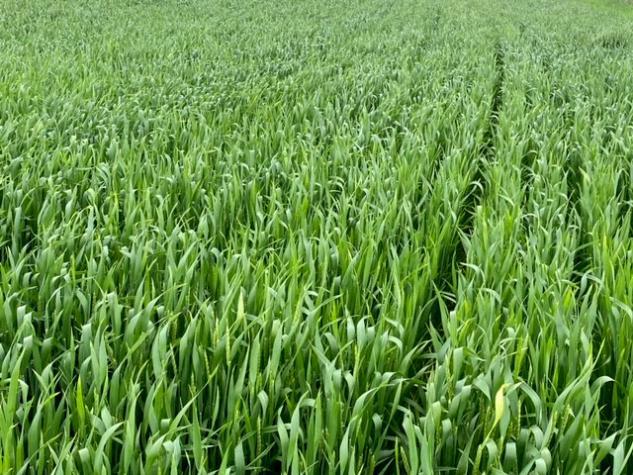
Is Missouri's farmland market cooling down?
Survey data shows Missouri farmland prices rising slower, with regional shifts and forecasts shaping decisions for buyers, sellers, and landowners.
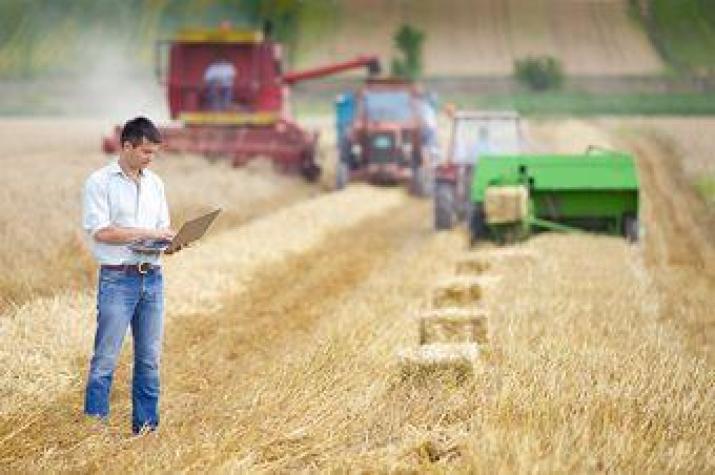
Topics to discuss before incorporating conservation into your land lease
FORSYTH, Mo. – Despite the benefits of conservation practices on farmland, differing goals and expectations can create tension between landowners and tenants when talking about incorporating them into a land lease. According University of Missouri Extension agribusiness specialist Jacob Hefley, thoughtful conversations and clearly outlined provisions between the two parties can ease this tension.
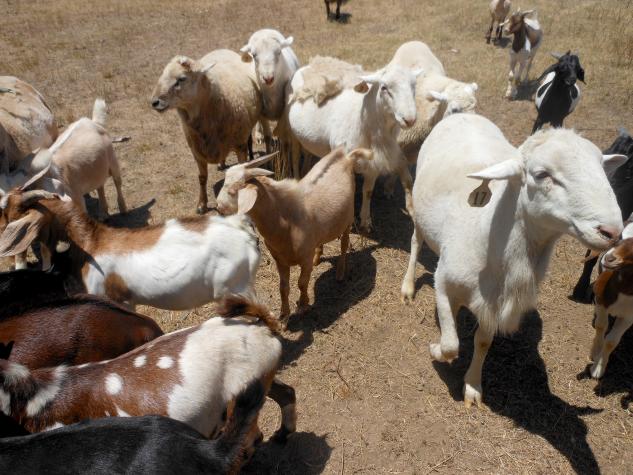
Producer expertise needed to shape future of state's small ruminant industry
Help shape Missouri’s future sheep & goat industry by sharing on-farm data that guides policy, supports producers, and informs economic strategy.
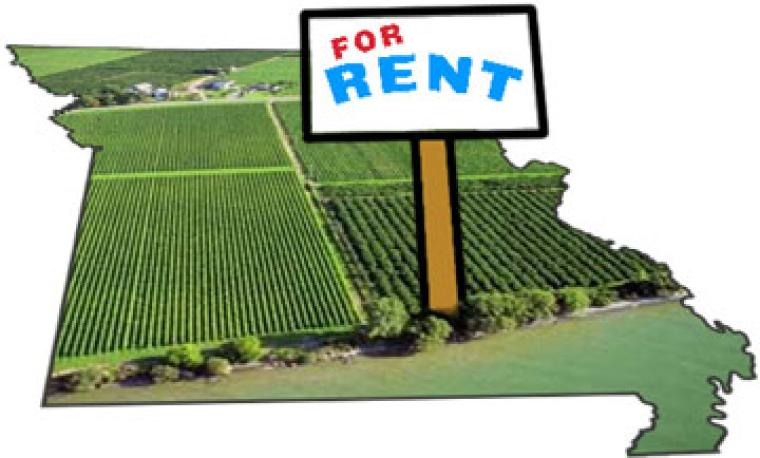
Missouri farmland, hunting cash rental rate insights from MU Extension
Missouri rental rates rose in 2024, with increases in cropland, pasture, and hunting leases. Survey data offers insights for landowners and tenants.
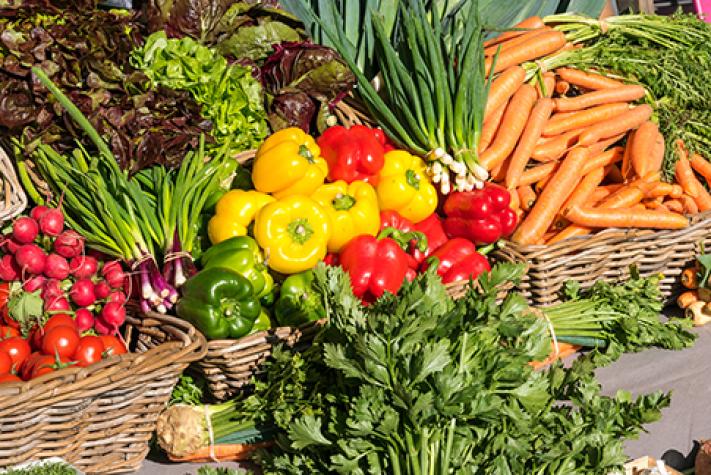
Elevate your farmers market success
COLUMBIA, Mo. – In celebration of National Farmers Market Week, Aug. 4-10, University of Missouri Extension has resources to help improve your local food systems awareness and polish your farmers market presence. Learn about local food systems Consumers are increasingly searching out healthy and safe food that supports their local community. Farmers can meet this demand by taking advantage of local food systems.
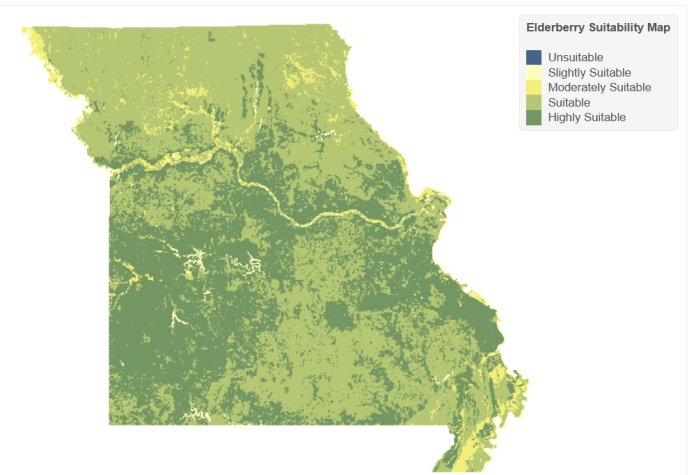
Intel for Ag helps sow seeds for business success
Free online tools help farmers assess land, markets and resources to start or grow successful agricultural businesses.

Farm business operators can tackle labor crunch with seasonal workers
Farm operators can ease labor shortages with seasonal workers by following best practices for hiring, training, and safety.
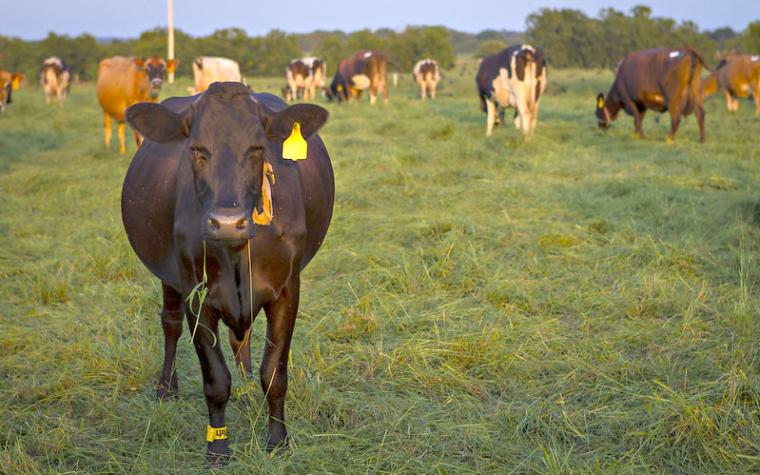
Marketing matters in direct-to-consumer beef sales
FORSYTH, Mo. – Selling beef directly from the farm to consumers gained significant popularity during the COVID-19 pandemic. “Though adoption has slowed, selling direct to consumers remains a popular option for Missouri beef producers as an alternative to selling live animals, as it allows the producer to capture additional value otherwise obtained by others in the food processing chain,” said Jacob Hefley, University of Missouri…
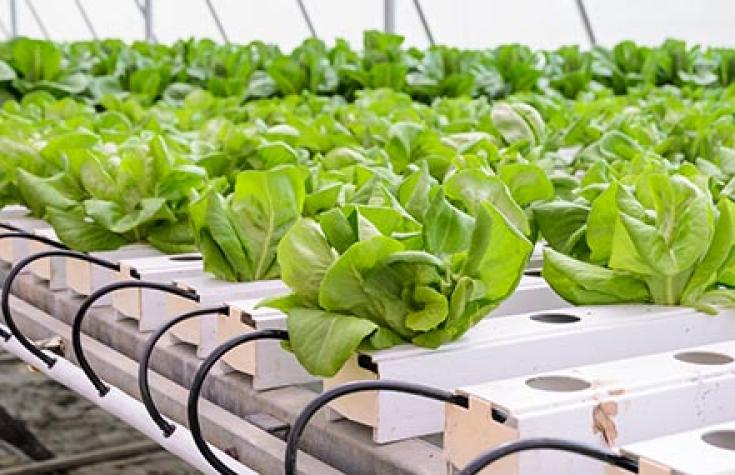
MU Extension resources for specialty ag producers
COLUMBIA, Mo. – Missouri’s urban and specialty agriculture producers—and those considering starting an agricultural enterprise—have new business planning resources at their fingertips.
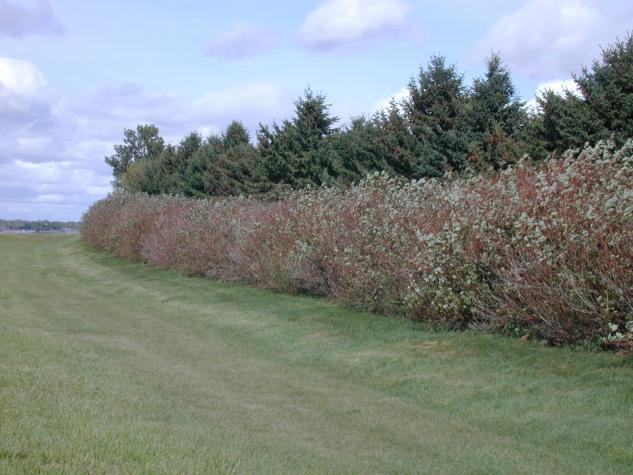
How to have conversations about conservation on leased land
Agencies promote soil-conservation incentives that can impact land leases. Guide helps landowners and tenants discuss practices, costs, and timing.

2024 dairy returns might improve
COLUMBIA, Mo. – Prices paid in 2024 for dairy products should be similar to 2023, while net returns may be better, according to University of Missouri Extension economist Scott Brown. Brown told attendees at the 2024 Missouri Dairy Expo that average weather and feed costs will be key factors for this year’s outlook.
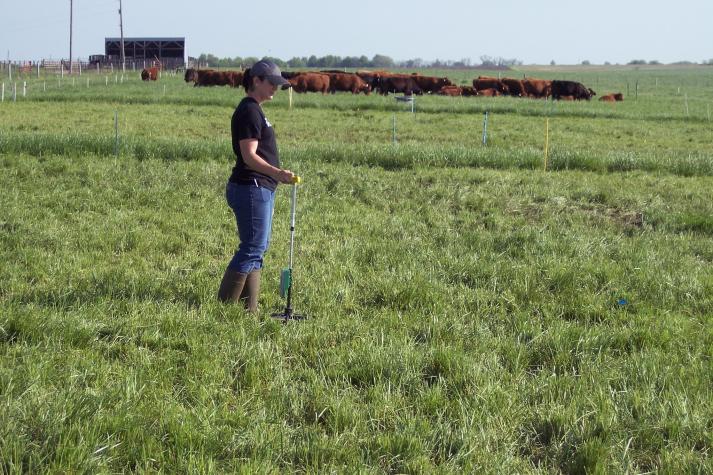
10 tips to bulletproof your beef operation
Boost beef farm resilience with expert tips on grazing, hay storage, herd health, and financial strategies to thrive through cycles and drought.
MU Extension ag enterprise budgets updated for producers
COLUMBIA, Mo. – University of Missouri Extension crop and livestock enterprise budgets for Missouri producers have been updated.
A No. 2 pencil is a beef producer's best tool
COLUMBIA, Mo. – One of the most important tools for livestock producers is a sharp No. 2 pencil. The pencil and some basic arithmetic can help take the emotion out of desperate measures to find feed. When you do the math, buying grain or other alternative feeds may be the best bang for the buck, says University of Missouri Extension agricultural business specialist Wesley Tucker.
Keep your farm running smoothly with a midyear 'tuneup'
Reassess budgets, labor, leasing, services and succession now to keep your farm running smoothly all season.
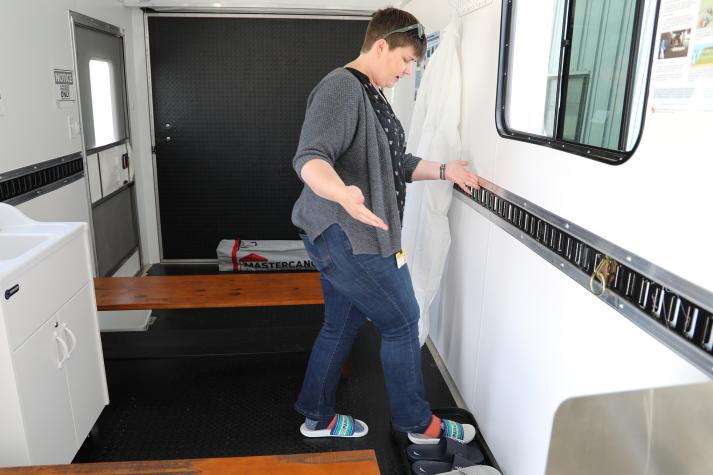
MU Extension biosecurity trailer demonstrates Danish entry system
A mobile biosecurity trailer demonstrates the Danish entry system, helping livestock producers reduce pathogen transmission with minimal space.
MU Extension updates custom rates for Missouri farm services
COLUMBIA, Mo. –University of Missouri Extension has published a summary of custom rates for farm services in Missouri based on a statewide online survey and solicitations by extension specialists. MU Extension asked farmers, agribusiness firms and land improvement contractors to provide rates they charged or paid in 2022 for custom services, minus the cost of materials applied.
MU Extension planning budgets can aid farmers
COLUMBIA, Mo. – As farms continue to see increased input costs and fluctuating returns in 2023, proper planning and decision-making will be critical for the year ahead. Updated enterprise planning budgets from University of Missouri Extension can help producers manage costs and project revenue for their operations.
Beef producers: 'Get your house in order' in 2023
KIRKSVILLE, Mo. – Beef producers should approach 2023 with cautious optimism – matched with resolutions of good management and investment in infrastructure, says University of Missouri Extension agriculture business specialist Wesley Tucker.
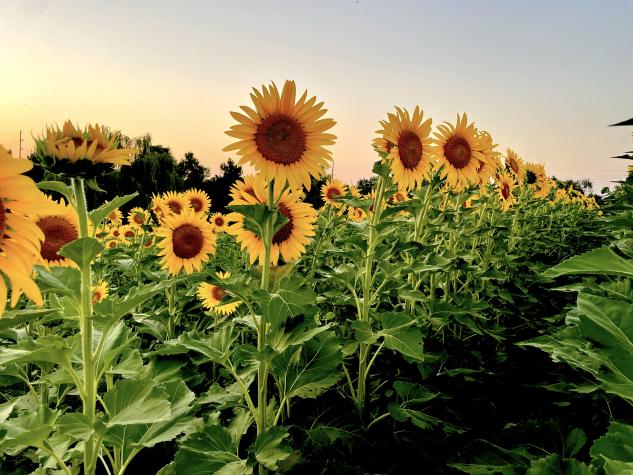
Hannibal startup shines during sunflower oil shortage
Hannibal farm produces cold-pressed sunflower oil to meet demand during the global shortage.
MU Extension releases how-to videos for hiring on the farm
Learn how to hire and retain farm workers with step-by-step videos covering recruitment, onboarding, and management.
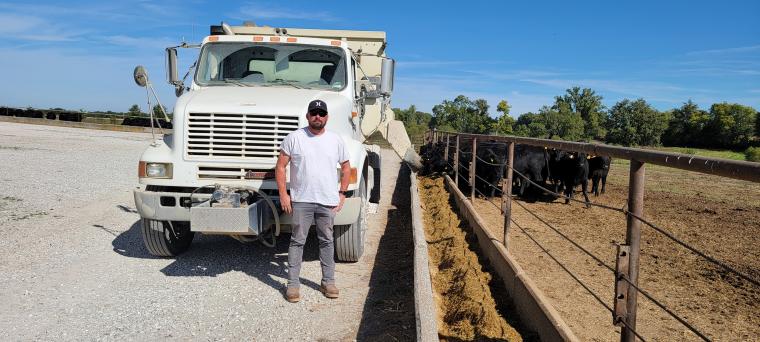
Tight labor market challenges farm employers to rethink compensation
Farmers face tight labor markets and can attract workers with flexible schedules, perks, and nonmonetary benefits that match employee needs.
Why Agriculture is Important for Everyone to Understand
Understand how agriculture affects food, economy, and daily life, making awareness important for every community member.
MU videos share cattle management practices in drought
COLUMBIA, Mo. – Drought continues to plague growers and livestock producers in parts of Missouri, especially in the southwest corner of the state, raising concerns about feed availability.“It’s a perfect storm of high fertilizer prices, reduced fertilization of pastures lending to lower hay yields and drought in the southern half of Missouri,” said Eric Bailey, University of Missouri Extension state beef specialist. “Folks are eating…
